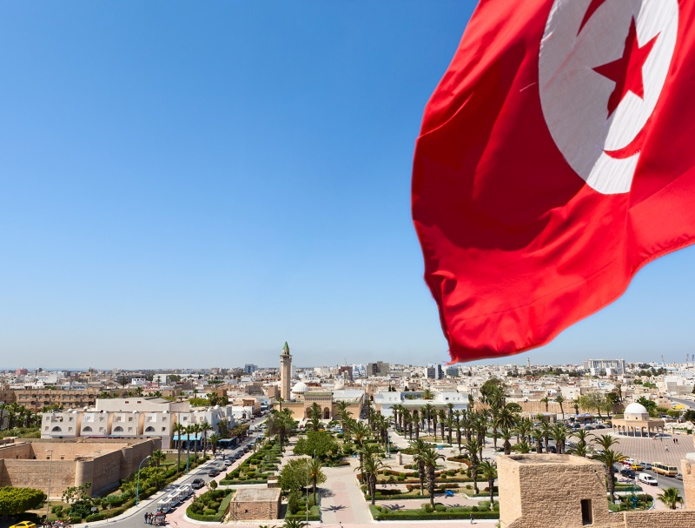In its latest report on Tunisia, the IMF condemns the weight of the civil service in state finances. The institution calls for rapid reform.
A staff mission from the International Monetary Fund (IMF) visited Tunisia to collect economic and financial data, as it does every year. At the end of the 2021 consultations, the IMF delivered clear conclusions: “The budget deficit and public debt increased significantly in 2020”. The international institution specifies that the Tunisian budget deficit “is estimated to have reached 11.5% of the GDP” when “the revenues decreased, due to a fall in tax revenues”.
Among the black spots cited by the IMF: the wage bill of civil servants, which has skyrocketed. According to the International Monetary Fund, “additional hires (including around 40% in the health sector, in particular to combat the Covid-19 pandemic) have increased the civil service wage bill to 17.6% of the GDP, one of the highest in the world ”.
An Unemployment Rate that is Still Increasing
Paradoxically, the IMF deplores an “increase in the unemployment rate to 16.2% at the end of September” which “has disproportionately affected low-skilled workers, women and young people, and contributes to social discontent”.
Tunisia, an exception in terms of expenditure for public service employees?
The country’s National Institute of Statistics (INS) had previously warned that between 2010 and 2017, the number of civil servants had increased by 47%. Or an annual average of 5.87%.
If the number of civil servants per thousand inhabitants is not greater than in developed countries, Tunisia has a major handicap: the wage bill dedicated to the civil service “reaches 17.6% of gross domestic product (GDP)” , says the IMF. A level which is “considered as one of the balls at the feet of the Tunisian economy for several years”, summarizes the institution of Bretton Woods.
The Number of Officials must be Reduced
However, to negotiate new IMF financing, the Tunisian state must take action. “The level of the state wage bill continues to worry Tunisia’s partners,” assures the financial body which, after meeting with Tunisian officials, affirms that the government “seeks to resolve” this situation.
Of course, the Covid-19 crisis has worsened the country’s economic and financial situation. But if growth is expected to pick up modestly in 2021, forecasts “are likely to be revised downwards.” For the IMF, “the objective of economic policy must be to restore the sustainability of public finances and debt, as well as to promote inclusive growth”.
IMF administrators made a list of recommendations for Tunisia, including “ensuring that fiscal policy and reforms aim to reduce the deficit.” And this requires a reduction in the wage bill. Without deep reform, “Tunisia’s public debt would become unsustainable”.
In other words, the IMF will turn off the tap if there is a stagnation in the civil service wage bill.








